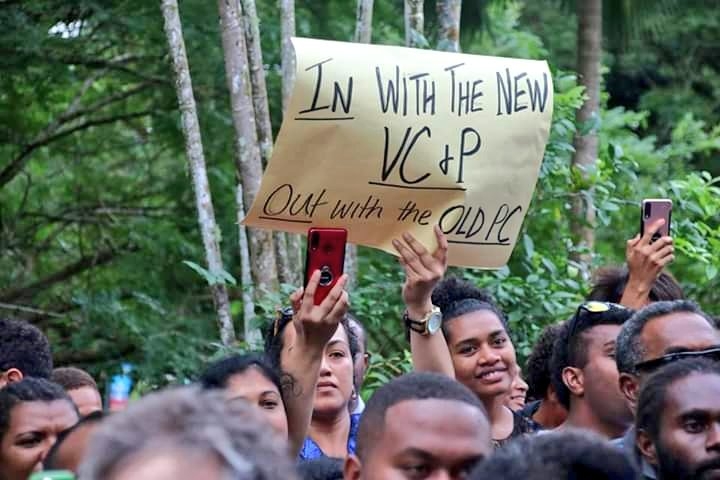When University of the South Pacific Vice Chancellor and President, Professor Pal Ahluwalia walked back onto USP’s Suva campus on June 22, he was accompanied by songs of celebration from staff and students who lined the path to his office.
The embattled VC was returning to his office three days after the full USP Council had reinstated him, at a meeting called on the insistence of USP governments, resolving that “it was not persuaded that due process was followed in [his] suspension”.
Two weeks earlier on June 8, an Executive Committee of the Council had suspended Professor Ahluwalia from duties with pay so that “an independent investigation” into allegations against him could be conducted. The Committee appointed Professor Derrick Armstrong as Acting Vice-Chancellor and President to manage the affairs of the University.
It was the latest salvo in a conflict that has come as the university has struggled to retain its place as a cradle of learning for future Pacific leaders, to recruit, retain and nurture academic staff, continue to deliver courses and support students through COVID-19, put regionalism into practice, ensure it remains relevant and stay financially afloat.
And while the reinstatement of Vice Chancellor Ahluwalia has brought joy and a sense of vindication to many staff and students, who see it as a victory for good governance, activism and regional unity, the matter is far from over.
For the full story, get your copy of Islands Business or login to your account.
